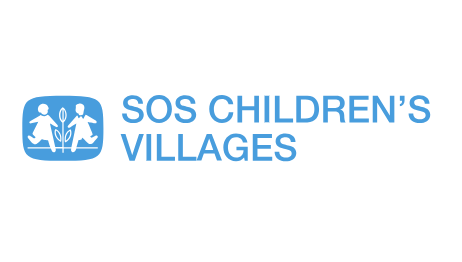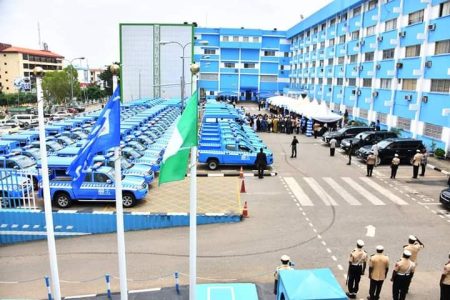Empowering Nigerian Youth to Combat Environmental Degradation: SOS Children’s Villages Invests in Eco-Sustainable Projects
Nigeria, a nation grappling with the escalating impacts of climate change, faces a stark reality where millions of its citizens, including a significant number of children, are grappling with food insecurity, displacement, and health risks stemming from environmental degradation. Recognizing the urgency of this crisis, SOS Children’s Villages has stepped forward to empower young climate activists with a N2,887,500 grant, supporting their innovative eco-sustainable projects aimed at mitigating the adverse effects of environmental damage across the country. This initiative underscores the pivotal role of youth-led climate action in building a more sustainable future for Nigeria.
The "Empowering Youths for Gender-Responsive Climate Action Project Implementation in Nigeria" initiative, launched by SOS Children’s Villages, is a testament to the organization’s commitment to addressing the climate crisis at its roots. The four beneficiaries – Ayodele Joshua, Jennifer Obot, Shukura Akinola, and Hannah Omokhaye – represent the vanguard of a new generation of environmental stewards, each armed with a unique project designed to tackle specific challenges posed by climate change and environmental degradation. These projects embody a holistic approach to environmental sustainability, encompassing education, waste management, renewable energy adoption, and community engagement.
Jennifer Obot’s "Eco Sustainable Future" initiative, based in Cross River State, focuses on empowering secondary school students with climate education and waste management skills. By equipping these young minds with the knowledge and practical skills to reduce, reuse, and recycle waste, including the creation of reusable bags, Obot aims to curb the reliance on plastic and foster a culture of environmental responsibility among the younger generation. This grassroots approach to environmental education is crucial for instilling long-term sustainable practices within communities.
Shukura Akinola’s project, targeting schoolchildren and market women in Isolo, Lagos State, emphasizes climate education and proper waste management practices. By engaging these key demographics, Akinola seeks to raise awareness about the impact of individual actions on the environment and promote responsible waste disposal methods, contributing to cleaner and healthier communities. The inclusion of market women highlights the importance of integrating environmental consciousness into everyday economic activities.
Ayodele Joshua’s "Less Right Project," operating within Kwara State University, addresses the pressing issue of high carbon emissions by promoting eco-friendly transportation options and sustainable living practices on campus. By encouraging the adoption of greener transportation alternatives and fostering a culture of sustainability within the university community, Joshua aims to reduce the institution’s carbon footprint and create a model for other educational institutions to emulate. This initiative exemplifies the potential of universities as hubs for driving environmental change.
Hannah Omokhaye’s project, details of which were not explicitly provided in the source material, presumably aligns with the overall focus on environmental sustainability and community empowerment. Together, these four projects represent a diverse range of approaches to addressing environmental degradation, reflecting the multifaceted nature of the challenge and the need for comprehensive solutions.
The Eco Champions Project, a global flagship program of SOS Children’s Villages, serves as the umbrella under which these individual initiatives operate. Nigeria’s participation in this program, alongside five other countries within the SOS Children’s Villages Federation, positions the nation at the forefront of grassroots climate resilience and sustainable development. The 18-month initiative encompasses a broad spectrum of activities, including renewable energy adoption, green initiatives, environmental sanitation campaigns, and youth-led climate advocacy, all implemented through strategic partnerships with government and private sector stakeholders.
The overarching goal of the Eco Champions Project is to empower young people and local communities to become agents of change in the fight against climate change. By providing financial support, training, and mentorship to these young climate activists, SOS Children’s Villages is investing in the future of Nigeria, nurturing a generation of environmentally conscious leaders equipped to tackle the complex challenges of environmental degradation and build a more sustainable and resilient nation. The collaborative approach, involving government and private sector partners, ensures a wider reach and impact, fostering a collective responsibility towards environmental stewardship. This initiative underscores the vital role of youth engagement in driving climate action and creating a more sustainable future for all.














